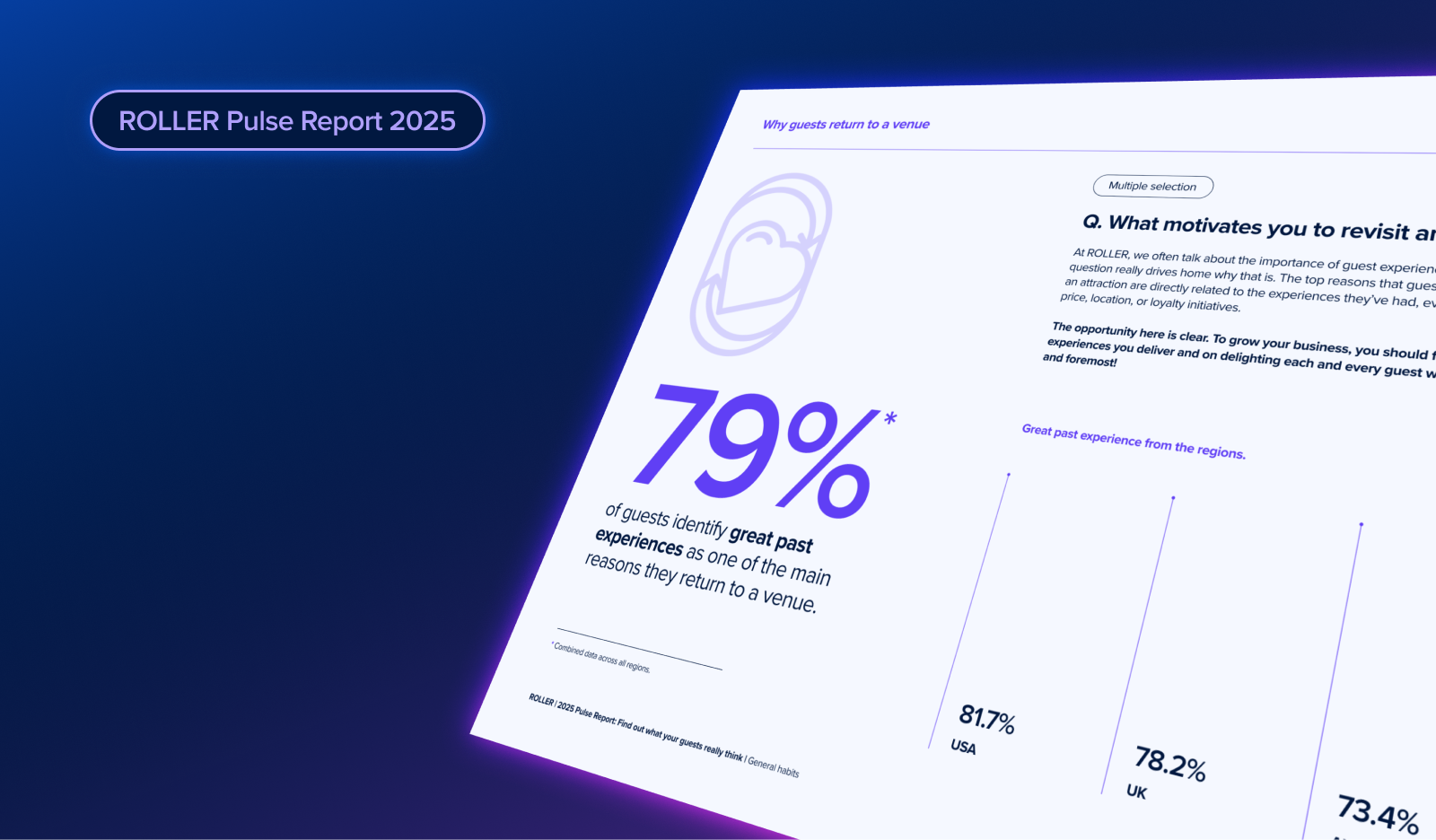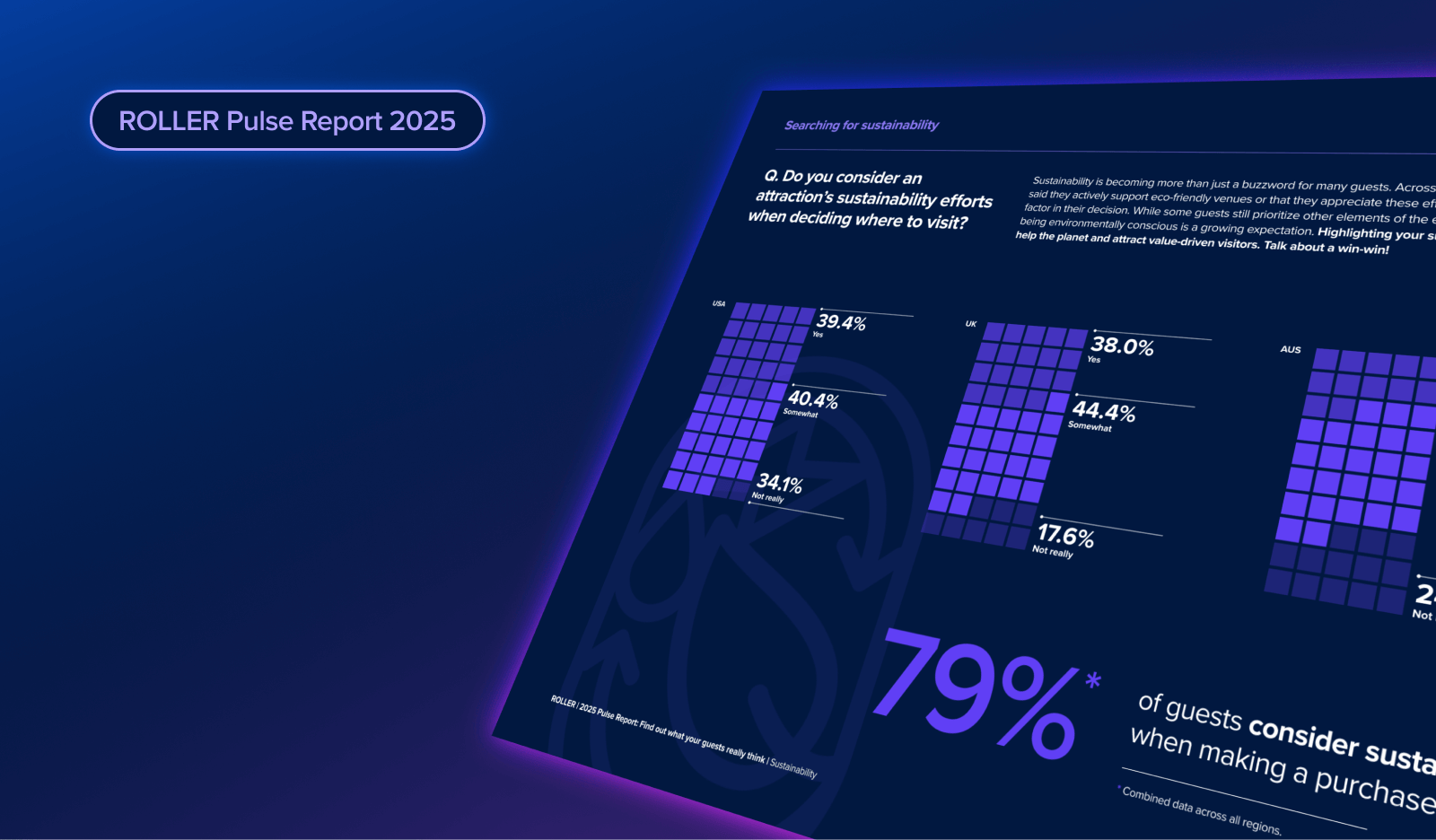How Much Does a Negative Review Cost?

A negative review is considered critical feedback and should be treated as such when involving guests in finding ways to improve your business. With a proper response, combined with effective follow up and action, negative reviews can help guide your guest experience strategy toward continual enhancement.
And while these benefits should not be ignored, you must also not lose sight of the fact that the damage is already done. Your dirty laundry is being aired for the world to see, and even if you fix the problem and satisfy the guest who posted the comment, the review now influences future prospective guests, who may or may not visit, and rely heavily on reviews when making purchase decisions.
Recent studies have shown that 90% of your prospective guests are influenced by online reviews, and in turn base their decision to purchase on what others before them have experienced. Whether you are part of that 90% or among the 10% that aren’t as concerned with reviews and ratings, this stat shows that reviews are worth paying attention to, and putting systems in place to make sure that review sites are working in your favor.
If the vast majority of your prospective guests are doing thorough research, what happens when they come across a bad review? They don’t know the person, they probably won’t have the same experience, and you’re sure the problem is fixed by now… but how forgiving are your guests?
Bad news: research suggests that they aren’t very forgiving. Out of the enormous percentage of guests who are influenced by online reviews, 80% of them will change their mind from your previous guests who published their poor experience. This leads to a ratio of 30 lost guests for even just one bad review.
What makes this difficult to process is that this is an invisible stat. The amount of business lost can’t be seen, which is why many businesses do not put much emphasis into preventing negative reviews.
If your eyes are wide open and your jaw is dropped, read on.
In order to fully understand what these stats mean, pull out the calculator because it’s time for some MATH.
To make things simple, let’s say your average ticket price is $20. You operate all 12 months out of the year, and you only get one negative review each month.
Wait, one more thing. Do people visit by themselves? Maybe, sometimes, but let’s assume that your average party size is 3 guests. So one negative review isn’t turning away 30 guests, it’s turning away 90.
I never said this math would be fun.
Your $20 average ticket price turns into $60 per group of three guests. One negative review turns away 30 groups of guests, or $1,800 (and that doesn’t even include the lost business from the guest who posted the review). And with even just one negative review every month, after 12 months you’ve lost $21,600 before you even had it. That doesn’t even factor anything they spent while inside, from food & beverage, retail, games, or other ancillary purchases. The average ticket price is only one part of the equation, so instead you actually need to consider your total average spend per guest.
Now take that average spend per guest, your average party size, the number of months you operate, and count up how many bad reviews you’ve gotten per month in the last year:
SPG (spend per guest) x APS (average party size) x operating months x negative reviews per month = the cost of a negative review for your business
Word of mouth is powerful, isn’t it?
One of your top focuses in your guest experience strategy should revolve around stopping lost business from guests who had a poor experience. Here are a few ways to do that:
- Deliver a superior experience to every guest, every time
- Seek feedback from guests regularly while they are onsite
- Embrace negative feedback that guests give you directly without posting online
- Seek feedback from guests again after their visit, and drive it through private channels
- Respond to all negative online reviews in a timely manner
- Respond to all social media complaints quickly and properly
- Continue to act on guest feedback regardless of the channel through which it comes
You can’t stop your guests from posting a negative review, but you can be proactive in guiding your guests in the right direction. When your guest experience strategy includes managing guest feedback, you will drive more repeat visitation, along with stronger word of mouth that leads to more business, and less guests changing their mind after reading reviews.
Related articles

.png)
What the 2025 Pulse Report Reveals About Guest Booking Behavior at Attractions

2025 Pulse Report: How Sustainability Is Shaping Guest Expectations
Enhance your guest experience
Get free education, tips and inspiration to help you run a successful venue.